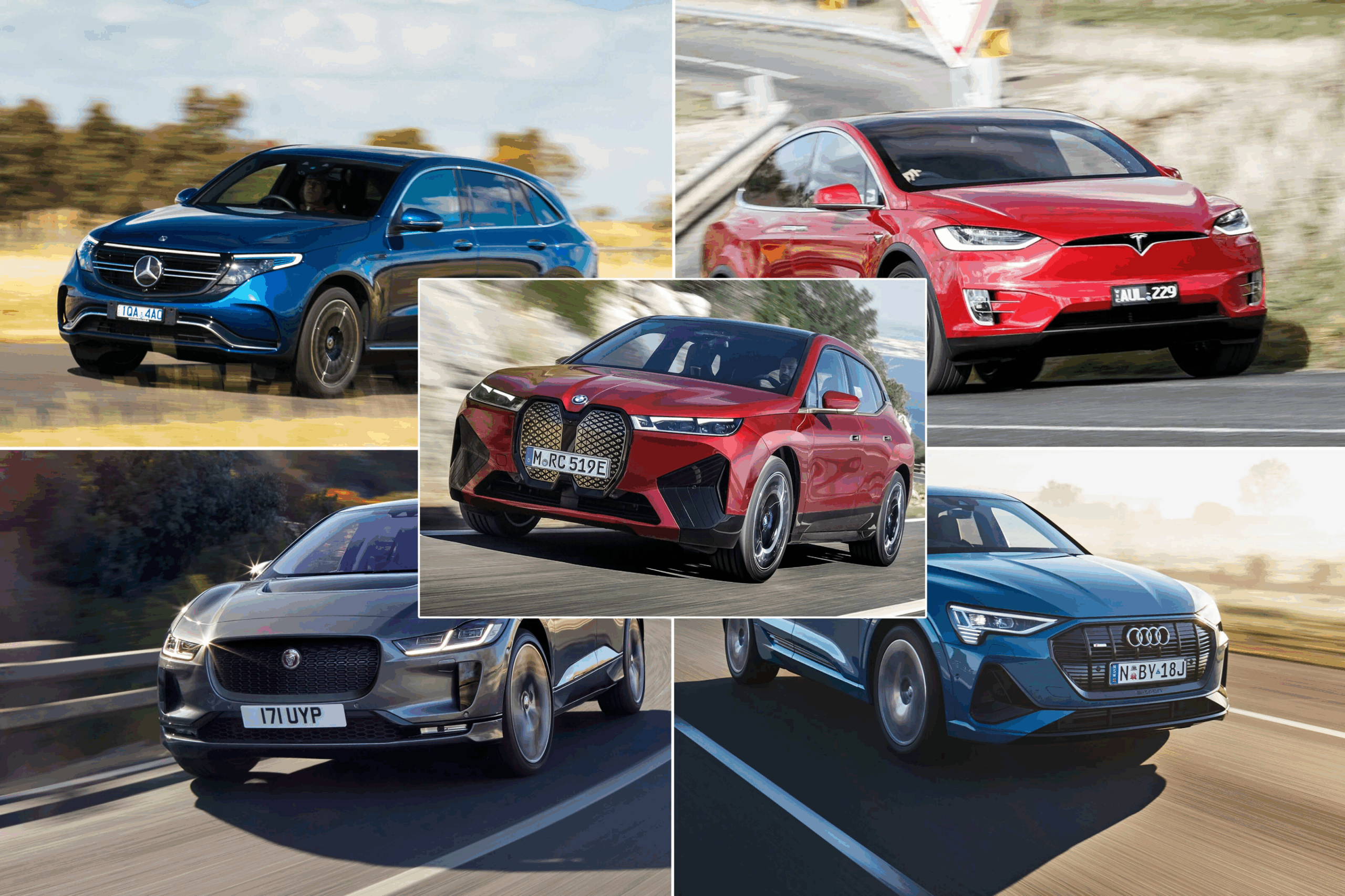Gone are the days when cars were just metal boxes that got you from point A to point B. Today’s vehicles are becoming intelligent companions, equipped with AI voice assistants that can understand your commands, learn your preferences, and make driving safer and more enjoyable. Whether you’re asking Alexa to play your favorite playlist or getting real-time traffic updates from Google Assistant, AI is transforming the way we interact with our cars.

Voice assistants in vehicles represent one of the most practical applications of artificial intelligence technology, offering hands-free control that keeps drivers focused on the road while accessing entertainment, navigation, and communication features. This technology isn’t just convenient it’s becoming essential for modern driving.
Let’s explore how AI voice assistants work in cars, which systems are leading the market, and what the future holds for this rapidly evolving technology.
How AI Voice Assistants Work in Cars
AI-powered voice assistants use natural language processing (NLP) and machine learning to understand and respond to spoken commands. These systems integrate seamlessly with your car’s infotainment system, creating a hands-free experience that enhances both safety and convenience.
The technology works by converting your voice into digital signals, processing the language to understand intent, and then executing the appropriate command. This process happens in seconds, allowing for natural, conversational interactions with your vehicle.
Core Capabilities of In-Car Voice Assistants
Navigation and Traffic Management
Voice assistants excel at helping drivers navigate efficiently. You can ask for directions to any destination, check real-time traffic conditions, or find nearby gas stations and restaurants. The system can even suggest alternate routes when traffic congestion is detected.
Entertainment Control
Managing music, podcasts, and audiobooks becomes effortless with voice commands. Whether you want to skip tracks, adjust volume, or discover new content, voice assistants handle these tasks without requiring you to take your hands off the wheel.
Vehicle Control
Modern AI assistants can adjust climate settings, lighting, and seat positions through simple voice commands. This integration makes the driving experience more comfortable and personalized.
Communication Features
Making calls, sending messages, and dictating emails can all be accomplished hands-free. This capability ensures drivers stay connected while maintaining focus on driving safety.
Smart Home Integration
Many voice assistants connect with Internet of Things (IoT) devices, allowing you to control home appliances, check security systems, or adjust thermostats while driving.
Leading AI Voice Assistant Platforms
Amazon Alexa Auto
Amazon Alexa Auto extends the familiar Alexa experience into vehicles, providing comprehensive voice control capabilities. The platform offers integration with popular navigation apps like Waze and Google Maps, while maintaining access to Alexa’s extensive skill library.
Key features include voice-controlled navigation, music streaming from multiple platforms, smart home device control, and access to thousands of Alexa Skills. The system learns user preferences over time, providing increasingly personalized responses and suggestions.
Google Assistant
Google Assistant brings the power of Google’s search capabilities and services directly into your car. The platform excels at understanding context and providing intelligent responses based on your Google account information and usage patterns.
The system offers seamless integration with Google Maps for navigation, voice-activated calling and messaging, smart scheduling with Google Calendar, and personalized recommendations based on your preferences and history.
Apple Siri with CarPlay
Apple’s Siri works through CarPlay to provide iPhone users with familiar voice control functionality. The system maintains the intuitive Siri experience while optimizing it for driving scenarios.
Features include Apple Maps integration for navigation, Siri voice recognition for hands-free communication, Apple Music and Podcasts streaming, and voice-controlled car settings and automation.
Real-World Examples: Cars Leading the AI Revolution
Several automakers are integrating these voice assistant technologies into their vehicles, creating smart driving experiences that showcase the potential of AI in automotive applications.

Tesla’s Integrated Experience
Tesla vehicles feature built-in connectivity that works with multiple voice assistants, allowing drivers to control various car functions and access entertainment options through natural voice commands.
Mercedes-Benz MBUX System
The Mercedes-Benz User Experience (MBUX) system combines advanced voice recognition with AI learning capabilities, creating a personalized driving environment that adapts to individual preferences.
BMW’s Intelligent Personal Assistant
BMW’s system provides conversational interaction with the vehicle, allowing drivers to control functions, get information, and receive proactive suggestions based on driving patterns.
Audi’s Connected Technology
Audi integrates voice assistants with their infotainment systems, offering features like traffic light information and predictive assistance that enhance driving efficiency.
Benefits of AI Voice Assistants in Vehicles
Enhanced Safety
The primary advantage of voice assistants in cars is improved safety. By eliminating the need to manually operate infotainment systems or mobile devices, these systems help drivers maintain focus on the road. Voice control reduces visual and manual distractions that contribute to accidents.
Improved Convenience
Voice assistants make multitasking while driving both safe and efficient. Drivers can handle communications, adjust settings, and access information without compromising their attention to driving conditions.
Seamless Connectivity
Integration with cloud services and smart devices creates a connected ecosystem that extends beyond the vehicle. This connectivity ensures drivers stay informed and connected throughout their journey.
Personalized Experience
AI systems learn from user behavior and preferences, providing tailored recommendations for routes, music, dining options, and other services. This personalization makes each drive more enjoyable and efficient.
Accessibility Features
Voice control technology makes vehicles more accessible to drivers with mobility limitations or visual impairments, expanding independence and transportation options.
The Future of Voice Assistants in Cars
The evolution of AI voice assistants in automobiles continues rapidly, with several exciting developments on the horizon.
Advanced Predictive Capabilities
Future systems will anticipate driver needs based on patterns, schedules, and preferences. Your car might suggest leaving early for appointments based on traffic predictions or recommend coffee stops based on your routine.
Enhanced Natural Language Understanding
Improved NLP will enable more conversational and context-aware interactions. Future voice assistants will better understand complex requests and maintain context across multiple exchanges.
Integration with Autonomous Vehicles
As self-driving technology advances, voice assistants will play crucial roles in passenger interaction and vehicle management. These systems will handle everything from destination selection to entertainment preferences in fully autonomous vehicles.
Multilingual and Cultural Adaptation
Advanced language processing will enable seamless interaction across global markets, with voice assistants understanding regional accents, dialects, and cultural references.
Emotional Intelligence
Future AI systems may incorporate emotional recognition, adjusting responses and suggestions based on driver mood and stress levels, creating more empathetic and supportive driving experiences.
Overcoming Challenges and Considerations
While AI voice assistants offer numerous benefits, there are important considerations for widespread adoption.
Privacy concerns around voice data collection and storage require transparent policies and robust security measures. Users need confidence that their conversations and personal information remain protected.
Connectivity requirements mean these systems often depend on reliable internet access, which may be limited in some areas. Offline capabilities are essential for consistent functionality.
Learning curves exist as drivers adapt to new interaction methods and discover system capabilities. Effective onboarding and intuitive design help minimize this challenge.
Making the Smart Choice
AI voice assistants are revolutionizing the in-car experience by enhancing safety, convenience, and connectivity. As technology continues advancing, these systems will become even more intelligent and integral to the driving experience.
Whether through Amazon Alexa Auto, Google Assistant, or Apple Siri, AI-driven voice control is transforming how we interact with our vehicles. The technology offers tangible benefits for safety and convenience while pointing toward an exciting future of smart, connected transportation.
Ready to experience the future of driving? Research the voice assistant options available in your next vehicle and discover how AI can enhance your time on the road. The technology is here, proven, and waiting to make your drive smarter and safer.
FAQs about AI Voice Assistants in Cars
1. What are AI voice assistants in cars?
AI voice assistants in cars are smart technologies integrated into vehicle systems, allowing drivers to interact with their car using voice commands. Examples include Alexa, Google Assistant, and Siri, which can help with navigation, controlling entertainment, or making hands-free calls.
2. How do AI voice assistants improve driving safety?
By enabling hands-free interactions, voice assistants reduce the need for drivers to take their hands off the wheel or their eyes off the road. This helps minimize distractions, making driving safer.
3. Can AI voice assistants control the car’s features?
Yes, many modern vehicles equipped with AI voice assistants allow control over features like air conditioning, music playback, GPS navigation, and even remote functions like starting the engine or locking doors.
4. Do I need an internet connection for the voice assistant to work?
Most AI voice assistants require an internet connection to access the full range of features, such as real-time navigation updates or streaming music. However, some basic functions may work offline, depending on the system.
5. Are AI voice assistants compatible with all car brands?
AI voice assistant compatibility varies by manufacturer and model. Many auto brands now integrate popular assistants like Alexa, Google Assistant, or their proprietary systems. Check with your car manufacturer for specific details.
6. Can I customize my AI voice assistant settings?
Yes, most AI voice assistants allow you to personalize settings such as language preference, voice tone, and favorite apps. These adjustments can enhance user experience and make the system more intuitive.
For More Information Click HERE
